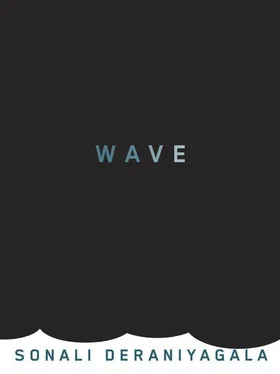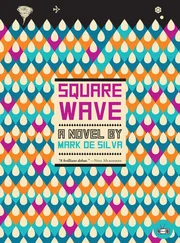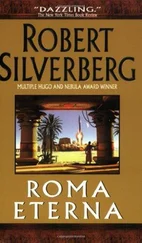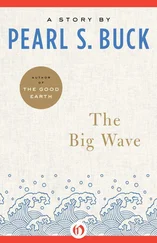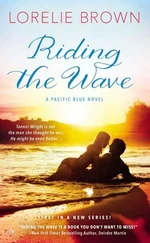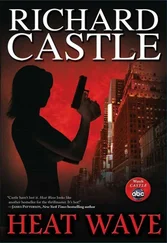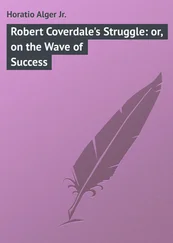I invite monks to the house to perform a Buddhist ceremony, one that passes on merit to the dead. My parents observed these rituals. Now in their living room that is fragrant with freshly cut jasmines and incense, three monks sit on chairs that have been draped with pristine white cloth. One of the monks strikes a match and lights the brass oil lamp on the table in front of him. He unwinds a reel of white thread and passes it among me and my friends, who are sitting across from the monks on woven grass mats spread on the floor. Then the three monks begin their invocations. But as they harmonize their chanting, I still find it inconceivable that my family left this house one December morning and never came back. If anything, tonight feels like my very first night in this house, some thirty-five years ago, when there were more monks and more chants and life here was about to begin. I hold on to the white thread that’s being blessed with prayer and conjure those other glowing oil lamps around the now-absent pond.
D o I dare open it? It’s Steve’s work diary for 2004. Two thousand four, our last year. The diary is in a bag of our things in my aunt’s house in Colombo. In these past years I’ve picked it up, then hidden it away, panicked. Steve always wrote more than work appointments in his diaries. They were filled with reminders to take the children for haircuts, our plans for weekends and holidays, and notes to himself like (after he and I had a quarrel) “Tell S she was right, make up.”
For most of that last year, until September, we lived in Sri Lanka. It was a blissful time. Steve and I had been wanting this for a while, an extended stay instead of the usual rushed holiday. So when we both had sabbaticals, we went to Colombo. We took the boys out of school in London and enrolled them in one there. I’ve kept that time distant in my mind these past six years. I especially didn’t want to consider our unsuspecting joy and ease.
I am now in Colombo for the summer with Steve’s sister Beverley, her husband, Chris, and their children, Sophie and Jack. Steve’s family has made regular trips to Sri Lanka in the time since the wave, sometimes twice yearly. My niece and nephew are almost as intimate with life here as my boys were. In those early days I convinced myself that Steve’s family must blame me for bringing him here, getting him killed. But then my father-in-law came to Colombo and held my hand and told me that Steve was always so happy here, that for him it was also home.
Encouraged by my in-laws, I opened Steve’s diary. It was all there. Details of our nine months in Sri Lanka. I didn’t read much, I quickly hid the diary away. But since looking into it I can’t escape the memories of that last year. I reenter that time constantly. Strange, though, how for six years these thoughts have held back.
The beggar at the traffic lights on Horton Place has no arms. My niece Sophie reaches into her bag to give him some money. I’ve seen him so often in these last years, but only now do I remember. This beggar would be at these same traffic lights when we drove the boys to and from school that year. Steve gave him a weekly “allowance” to stop him weaving through traffic to get to our car each day, but it didn’t work. My mother’s driver insisted that Steve was being unnecessarily charitable. He claimed this man had blown up his own arms while trying to make a bomb to kill a neighbor, a rumor most likely. Our children also disapproved of this armless man. “Why can’t he do a job ?” Vik would say, alarming Steve and me by his lack of compassion.
I remember now, the boys were often grouchy on the way to school. This Colombo school was boring, they wished they were with their friends in London, the playground here was small. My declaring that they were having a wonderful new experience did nothing. Steve used music to improve their mood. He’d play the Susheela Raman track “Love Trap” in the car. When they heard the lyrics “ ‘Your body is a love trap … Your honey lips are impossible to resist,’ ” the boys would liven up in disgust. “Ugh. Body. Lips, yuk .” “Are you sure?” I’d say to Steve about his child-cheering-up tactics. But Vik and Malli stepped out of the car deliriously grossed out and ready for school.
We had rented a house in central Colombo during that time. Whenever I’ve passed that street in these years since the wave, I’ve looked the other way or pretended to myself it was of no significance. Now I drive down this narrow lane with my in-laws. And I can see them, Steve and Malli, walking up here. Malli has his doll in a stroller, they are playing “Dads and Dads.”
Time snaps back. It was just this morning we were all here, surely. Vik grew big and strong that year, I can feel now how the muscles on his thighs were hardening. He was seven, but I was buying clothes for a twelve-year-old. In Colombo, he was always playing sports, exciting Steve with his skill at cricket, keeping pace with his dad when every evening they sliced across the large swimming pool in my old school. I’d tell them to get lost when they played football on blazing afternoons and came back wet and shirtless with arms stretched out for a hug. I can’t bear to walk into those playing fields, where I feel their footprints must still be fresh.
I’ve berated myself continually for bringing my family back to Sri Lanka that December. What was the need? We had only recently returned to London. We did too much, rushing between two countries, wanting it all, we couldn’t get enough. I had it all, and I blew it, I’ve thought. In the early weeks after the wave, I’d have recurring dreams of my very mild-tempered friend Fionnuala striding down our street in London, screaming at me furiously for taking my children back to Colombo that Christmas.
But this summer, as I am more alive to those months we spent here, I accuse myself less. I can see why Steve and I decided to return. We wanted some continuity with the life we’d established.
That year, away from our usual routine in London, we had time. Steve and I worked on our research projects and papers. On holidays and weekends the four of us traveled.
We hiked in the rain forest, often. We’d wake in the dark for the dawn chorus. I haven’t heard that divine song in some six years, I can’t bear to, but I remember it vividly now. The distant bubbling erupted into cooing and pealing interspersed with the panic of parakeets and the kruk-krukking of jungle fowl. And above all that, the fluting of a spot-winged thrush, and higher still, the clarion whistle of a warbler.
We were frequently on the beach. Vik and I would walk on the empty morning sand to watch arrack-breathed fishermen draw in their nets as the crows went wild. Steve made sashimi with the freshest tuna that was just off the boat, he relished that, proclaiming it “the dog’s bollocks.” Now I have a memory of us on a beach, eating gunnysack loads of mussels, steamed only in their own juices on an open fire. The clatter of slurped-out shells on a tin plate, salt on the children’s eyelashes, sunset. Malli called this time of day “the sky is upon the table time.” That was his version of the early lines of T. S. Eliot’s “Prufrock.” I don’t know quite why, I often recited them to the boys.
We went to Yala many times. We’d been taking the boys there even before they could walk. We explored the scrub in a jeep, the heat rising off cratered tracks, our hair matted with powdery red dust. Vik understood the jungle, and I loved that. He’d be the first to spot a stone plover on a showery beach, he knew the long lush whistle of a bush lark. We always stayed at the same hotel. Each time we were there, Vik bought a “Checklist of Yala Birds” from the souvenir shop. I found these booklets in that same bag where Steve’s 2004 diary was. Vik had marked off in them the birds he’d seen on each trip. I flicked through quickly, on each page his happy little ticks in a red pen.
Читать дальше
